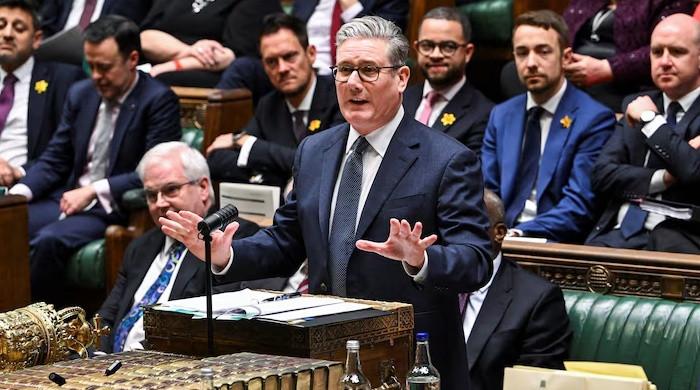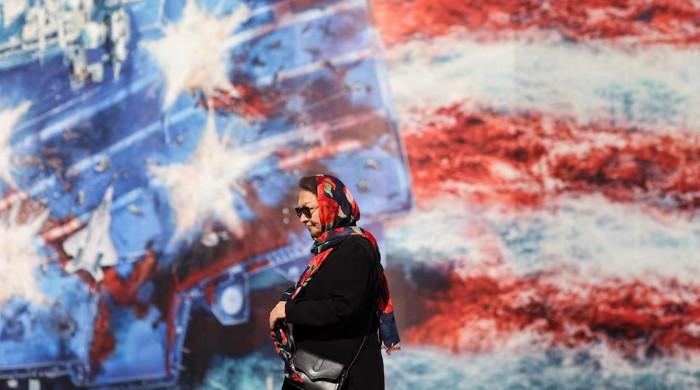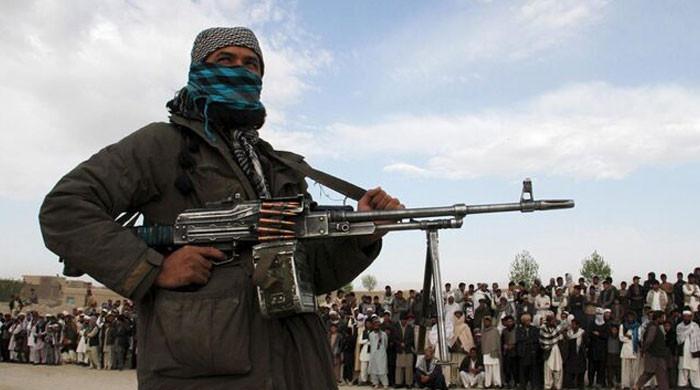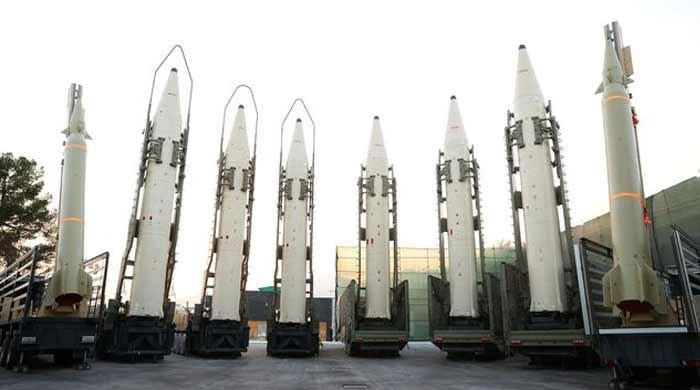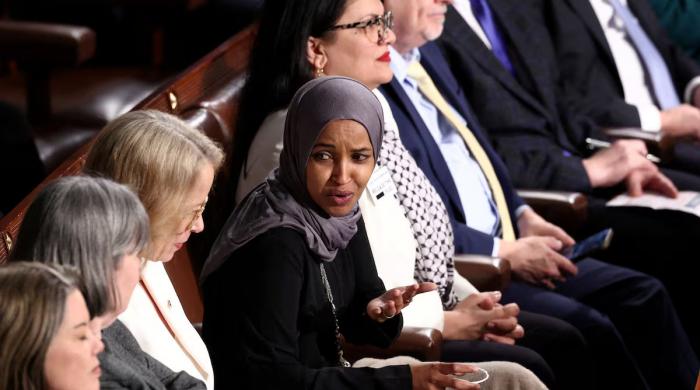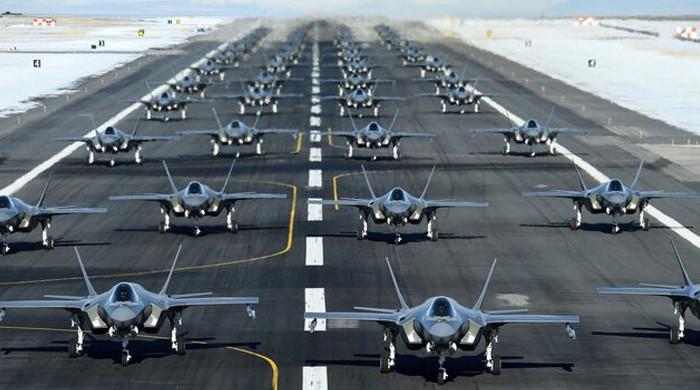Defence, tech on agenda as Narendra Modi heads to US
Visit hailed as "historic" as Washington seeks India as vital regional partner against China
June 20, 2023
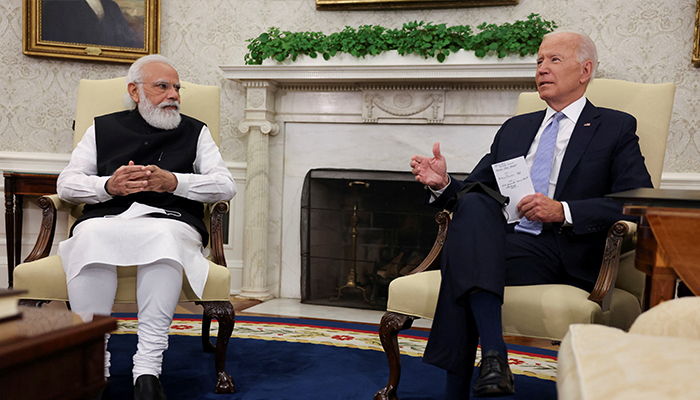
- Modi to talk deeper cooperation in defence, high technology with US.
- Visit comes amid rising human rights concerns under Hindu nationalists.
- India's potential as an alternative to China makes it attractive to US.
NEW DELHI: Indian Prime Minister Narendra Modi heads to the United States today (Tuesday) to meet President Joe Biden and address Congress in a visit billed as a turning point for bilateral relations, with Washington eyeing the South Asian nation as a vital partner against China.
The leader of the world's most populous nation will talk about deeper cooperation in the defence industry and sharing high technology with the US on the landmark visit, where he will also be treated to the pomp of a state dinner at the White House on Thursday.
New Delhi hails the visit as a "historic" chance to "expand and consolidate", which comes at a time of rising concerns on human rights and democratic backsliding under the Hindu nationalist leader.
But Washington is seeking to boost ties with a potential regional ally to counter an increasingly assertive China, which is expanding its influence worldwide, and strengthen security in the Indo-Pacific.
Analysts expect landmark announcements in clean energy and strategic technology, including a deal to jointly produce fighter jet engines.
'Deep alignment'
US Secretary of Defense Lloyd Austin, on a visit to New Delhi earlier this month, announced an "ambitious new roadmap for defence industrial cooperation" with India.
It has been linked to a likely announcement, expected at this week's summit, of a long-discussed multibillion-dollar plan to co-produce jet engines in India.
New Delhi has been trying to become less dependent on Russian military hardware by diversifying imports and boosting domestic production.
With many countries wooing Modi, Washington hopes its co-production and technology offers will help secure a key market.
Ashok Malik, India head of The Asia Group advisory firm, said US-India ties were defined by "pragmatism and deep alignment at the government level", with "very strong" economic and business links.
India is important as "a growing power" in a region "where China is becoming unusually assertive", New Delhi-based Malik told AFP.
After a deadly clash with China along their disputed Himalayan border in 2020, India rapidly expanded its Washington ties and is already part of the Quad grouping alongside Australia, the United States and Japan.
'Contrasting personalities'
India's huge market and potential as an alternative to China-dependent supply chains make it attractive, but its ties with Moscow remain an irritant for Washington.
New Delhi has not condemned Moscow's invasion of Ukraine and has ratcheted up its oil imports from Russia.
Donald Camp, a fellow at the Center for Strategic and International Studies in Washington, said that while the United States will push India for "some further action" on Russia, it "has not seemed to be a huge impediment in the development of the (US-India) relationship over the last year or so".
Modi will also meet Secretary of State Antony Blinken — who on Sunday visited Beijing on the highest-level trip by a US official in nearly five years.
Kicking off his US trip on Wednesday with a mass yoga demonstration at the UN headquarters in New York, Modi will also meet top US CEOs to make a fresh investment pitch before India's national elections next year.
Samir Saran, president of New Delhi-based think tank the Observer Research Foundation, said that "despite the very contrasting personalities of the two leaders", the Biden-Modi summit was expected to result in tighter ties.
An initiative on emerging technologies announced by the two countries last year "has the potential to shape this century's geopolitics and technology landscapes", Saran told AFP.
Saran said he expected the "two democracies to collaborate in securing global technology infrastructure, set governance standards, and counter techno-authoritarianism" in fields such as quantum computing, artificial intelligence, and robotics.




